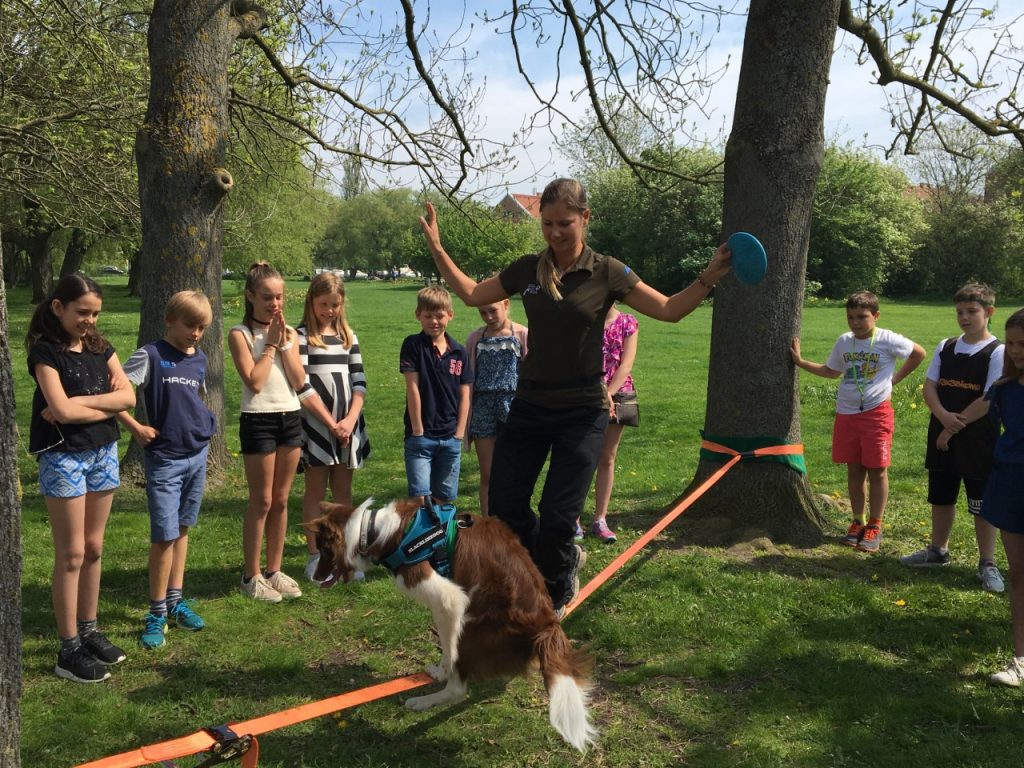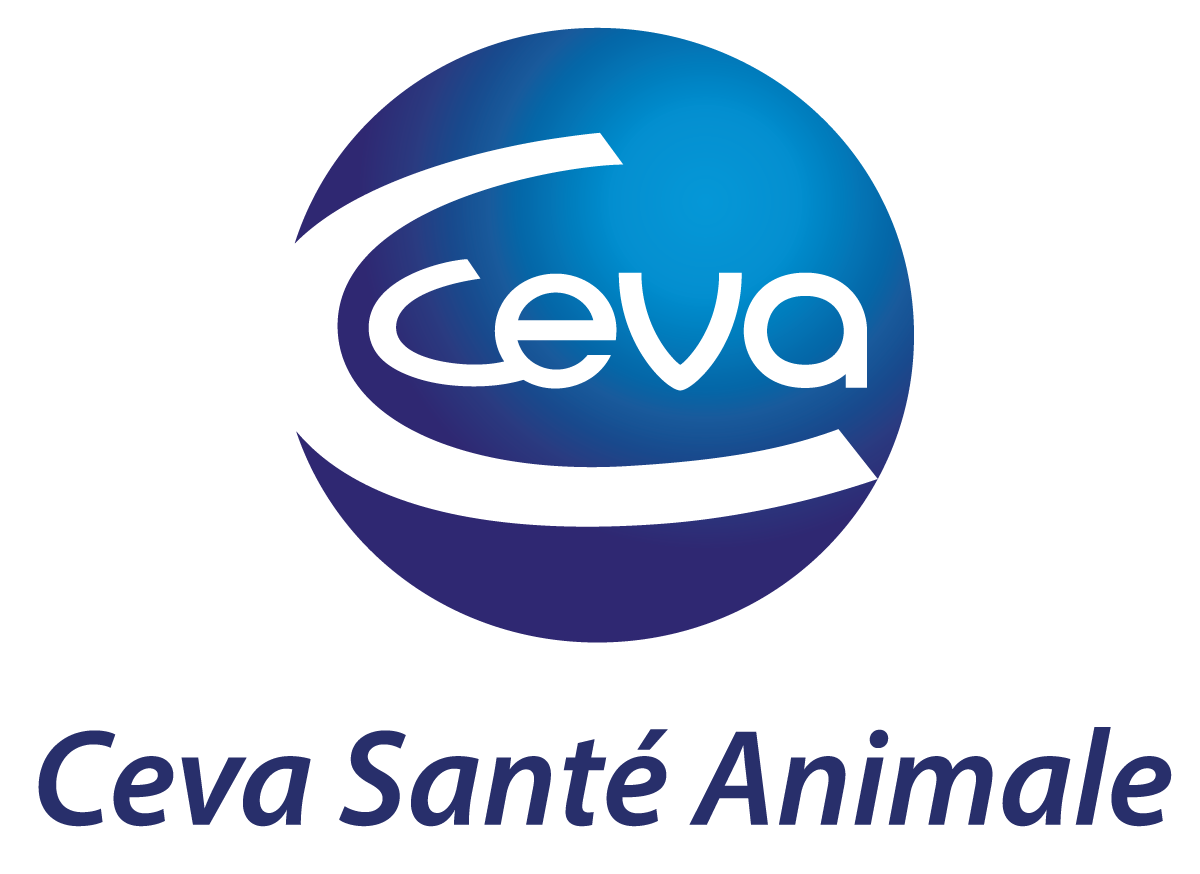Pathways to Lifelong mental well being


Lisa Pontopiddan, General Manager Ceva Animal Health, answers 3 questions ahead of prestigious Uppsala Health Summit.
This article was first published on the Upsala Health Summit website.
How come a company that researches and develops drugs for veterinary use is concerned with human mental health promotion, prevention and mental wellbeing?
Lisa: Ceva has a new business purpose that is summarised in the sentence: “Together, our passionate people drive innovative health solutions for all animals, contributing to the future of our diverse planet”, which picks up on many ideas generated by our employees – not least your subject of sustainability.
For Ceva it is important to support Animal Assisted projects world wide (see links down below). In the Nordics we are happy to work with Matilda Ström and support her day to day work with social teraphy dogs….(video) and with Professor Lena Lidfors from Swedish University of Agricultural Sciences in a project on how to measure Health economic factors in the work of Social Therapy Dogs.
Lena Lidfors is also leading the preparations for an exciting workshops at the Summit; “Animal Assisted Interventions for Children with Mental Health Challenges in School”, which we will follow the outcome with great interest.
Mental health conditions are on the rise worldwide and the COVID-19 pandemic have made matters considerably worse. What kind of policies (generally speaking) are needed to change this development?
Lisa: In 2010 Wageningen University wrote a business paper on Ceva called “World Health at stake, Who Cares, Who Pays?” – where they examined if Ceva’s business model for controlling zoonotic diseases could ever be profitable – the answer from the expert panel was that it cannot … but we now know who pays the price, every woman, man, child for years ahead.
With three in four of all emerging infectious human diseases coming from animals (72% from wildlife) it’s obvious that we need a tectonic shift towards preventative One Health strategies that get ahead of diseases. The same is true of mental health – we have seen through our work with Assistance Animals Partners the value of their work in helping to keep drop out kids in school, helping to keep children with Downs or Autism out of institutions – the benefits are enormous, but in general (in rich countries Sweden, France, Australia) only 2% of the people who could benefit from an assistance dog (for example) have access to them. This is an issue that we look forward to exploring in the workshop at Uppsala Health Summit.
What are your expectations from Uppsala Health Summit?
Lisa: To bring great visions and discussions into actions – small steps is also a way forward. The Covid pandemic really made us think about what matters – We humans need people to feel good and stay healthy…Lack of social interactions and touch make us sick. The increasing number of pets during the pandemic has really shown the importance of pets for human wellbeing. We know that people with animals live longer and that human-animal interactions matter from the young child to the elderly.
Let us bring this knowledge about animal assisted work into actions within childcare, schools, care for mental function disabilities and nursing home for the elderly!
